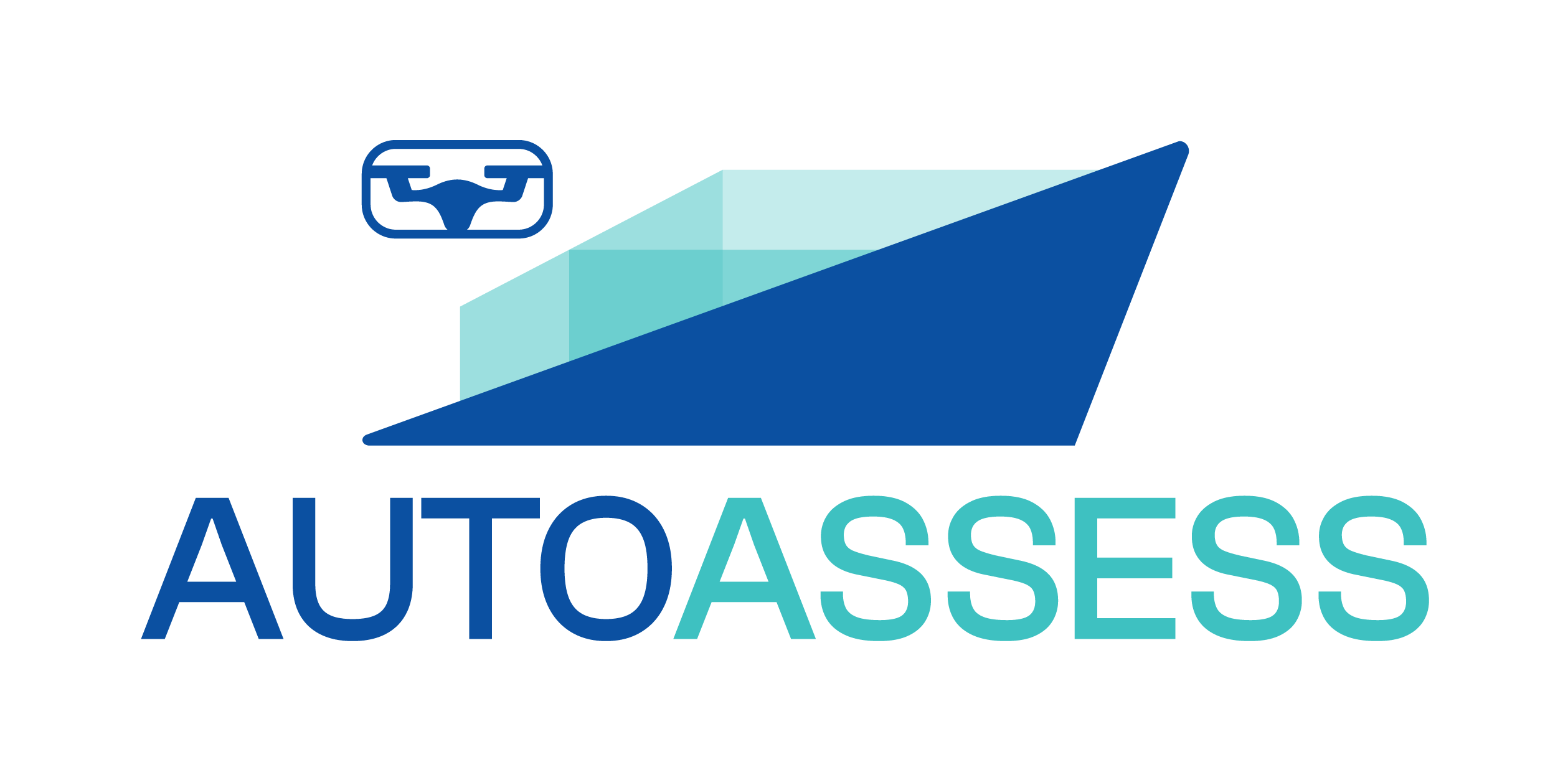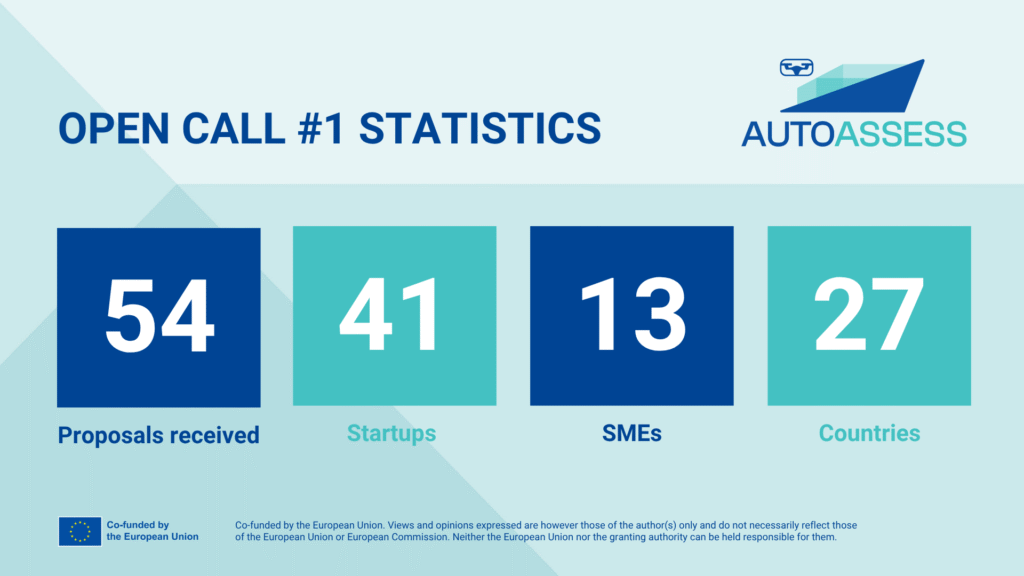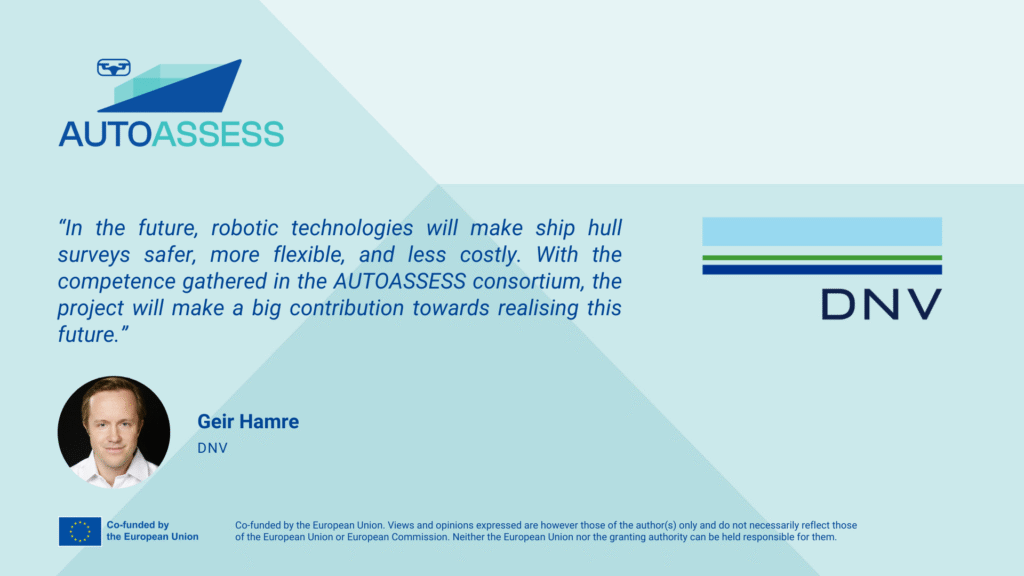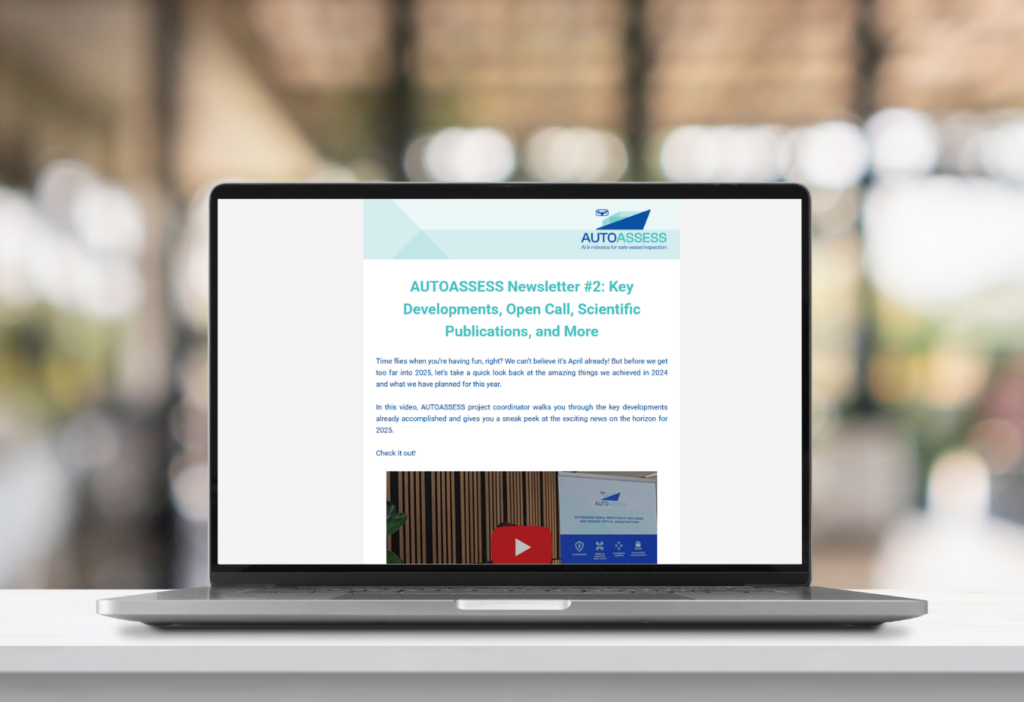Founded in year 1883, the University of Zurich (UZH) is Switzerland’s largest university with more than 27,000 enrolled students. As a member of the “League of European Research Universities” (LERU), the “Universitas 21” (U21) network and “una europa”, the University of Zurich belongs to Europe’s most prestigious research institutions.
UZH is involved in the AUTOASSESS project through the Robotics and Perception Group (RPG) led by Prof. Davide Scaramuzza. RPG was founded in February 2012 and is part of the Department of Informatics, at the University of Zurich, and the Department of Neuroinformatics, which is a joint institute of both the University of Zurich and ETH Zurich. RPG’s mission is to research the fundamental challenges of robotics and computer vision that will benefit all of humanity. The key interest is to develop autonomous machines that can navigate all by themselves using only onboard cameras and computation, without relying on external infrastructure, such as GPS or position tracking systems, nor off-board computing.
The Role in the AUTOASSESS projects
In AUTOASSESS, UZH will contribute to long range flights in confined spaces including path planning and execution, exploration autonomy, and sensor fusion for mapping. UZH is a leader within event-based localization and has an extensive open-source library for autonomous drone control. Additionally, UZH has an established state of the art lab for drone flights along with motion capture systems. UZH is leading the work package 3 on Resilient Onboard Localisation, Spatial AI, and Control.
Expert Team
The UZH team working in the AUTOASSESS is driven by a team of distinguished experts:
- Prof. Dr. Davide Scaramuzza – a Professor of Robotics and Perception at the University of Zurich. Prof. Scaramuzza did his Ph.D. at ETH Zurich, a postdoc at the University of Pennsylvania, and was a visiting professor at Stanford University. His research focuses on autonomous, agile navigation of micro drones using standard and event-based cameras. He pioneered autonomous, vision-based navigation of micro drones, which inspired the navigation algorithm of the NASA Mars helicopter and many drone companies.
- Senior researcher Harmish Khambhaita is lead of work package 3. He specializes in robot autonomy and has experience working with wheeled, legged and flying robotic systems.
A highlight about the University of Zurich
Utilizing deep reinforcement learning in simulation combined with real-world data, the Swift AI drone developed by RPG achieved a groundbreaking milestone in 2022 by defeating human world champions in head-to-head drone races. This work represents a significant advancement for mobile robotics and inspiring the adoption of hybrid learning-based solutions in various physical systems.






